Description
About GHK-Cu Facial Serum
GHK (glycyl-L-histidyl-L-lysine) is a copper peptide found in human plasma that readily binds with copper, forming the complex GHK-Cu. Originally discovered in the 1970s, GHK-Cu plays a significant role in stimulating collagen synthesis and improving tissue repair. Studies have suggested that GHK-Cu may help support skin elasticity, smoothness, and overall appearance, making it a popular ingredient in anti-aging skincare formulations. It has also been explored for its potential to aid in wound healing.[1]
Mechanisms of Action
GHK-Cu acts as a potent attractant for various cells involved in the healing process, including capillary cells, mast cells and macrophages. Capillary cells initiate angiogenesis, forming the new blood vessels necessary to support tissue regeneration. Macrophages and mast cells clear damaged tissue and cellular debris, while secreting proteins essential for wound contraction and overall tissue healing.[2][3] Research indicates that GHK-Cu may increase synthesis of collagen, elastin, and glycosaminoglycans.[1]
Contraindications & Precautions
GHK-Cu formulations are generally well-tolerated; however, it is highly recommended to conduct a patch test prior to regular application of skincare products.[4] Users should discontinue use if they experience any signs of allergic reactions, such as redness, hives, or itchiness.[5] While copper can potentially cause skin irritation or toxicity, in vitro studies suggest that GHK-Cu complexes may have a lower likelihood of inducing these effects.[6] However, it is always recommended to consult a healthcare professional before using any new skincare product.
The use of GHK-Cu has not been established in pediatric, pregnant, and breastfeeding individuals.
Adverse Reactions / Side Effects
GHK-Cu appears to be well tolerated, with no known serious side effects reported. It is highly recommended to conduct a patch test prior to regular application.[4] Users should discontinue use if they experience any signs of allergic reactions, such as redness, hives, or itchiness.[5]
Pregnancy & Breastfeeding
There is limited data on the safety of GHK-Cu during pregnancy. As a precaution, it is advisable to consult a healthcare provider before using this product.
There is limited data on the safety of GHK-Cu during breastfeeding. As a precaution, it is advisable to consult a healthcare provider before using this product.
Storage
Store this medication in its original container at 68°F to 77°F (20°C to 25°C) and away from heat, moisture and light. Keep all medicine out of the reach of children. Throw away any unused medicine after the beyond use date. Do not flush unused medications or pour down a sink or drain.
References
- Pickart L, Margolina A. Regenerative and Protective Actions of the GHK-Cu Peptide in the Light of the New Gene Data. Int J Mol Sci. 2018 Jul 7;19(7):1987. doi: 10.3390/ijms19071987.
- Dou Y, Lee A, Zhu L, Morton J, Ladiges W. The potential of GHK as an anti-aging peptide. Aging Pathobiol Ther. 2020 Mar 27;2(1):58-61. doi: 10.31491/apt.2020.03.014.
- Pickart L, Vasquez-Soltero JM, Margolina A. The human tripeptide GHK-Cu in prevention of oxidative stress and degenerative conditions of aging: implications for cognitive health. Oxid Med Cell Longev. 2012;2012:324832. doi: 10.1155/2012/324832.
- Williams F. How to perform a patch test for skincare products. Medicalnewstoday.com. https://www.medicalnewstoday.com/articles/patch-test-skincare– LinkOpens in New Tab
- Copper Peptides in Skincare. Healthline. Available at: https://www.healthline.com/health/copper-peptides#drawbacks.– LinkOpens in New Tab
- Li H, Toh PZ, Tan JY, Zin MT, Lee CY, Li B, Leolukman M, Bao H, Kang L. Selected Biomarkers Revealed Potential Skin Toxicity Caused by Certain Copper Compounds. Sci Rep. 2016 Nov 28;6:37664. doi: 10.1038/srep37664.

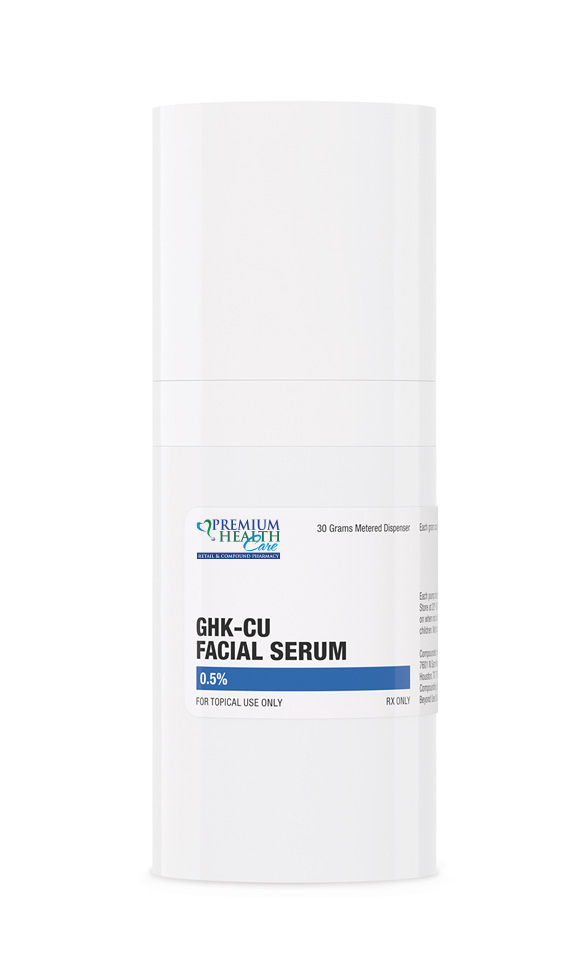
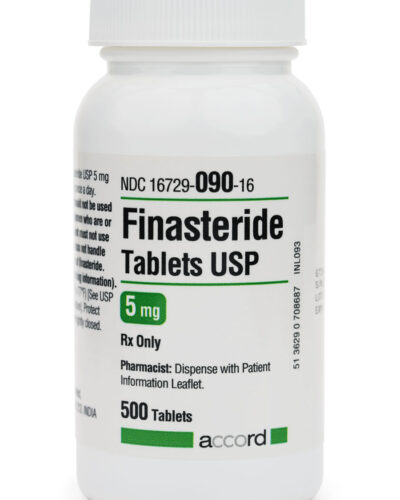
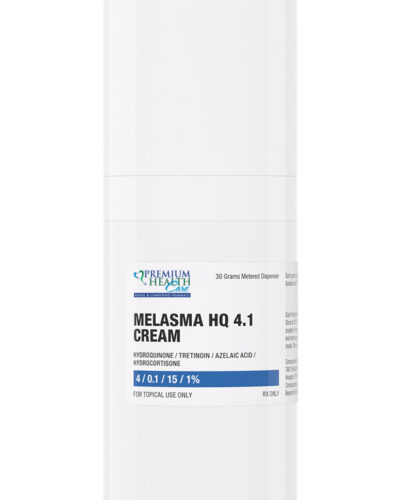
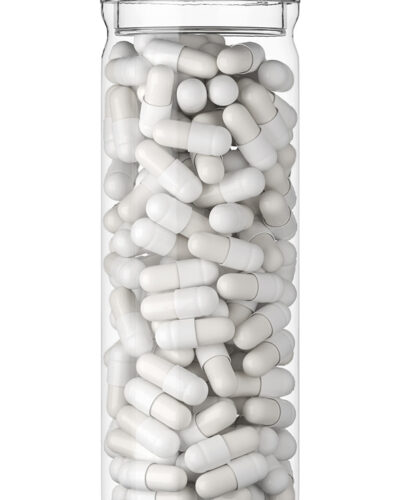
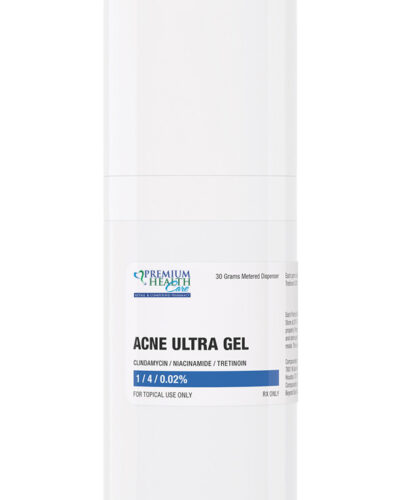
Reviews
There are no reviews yet.